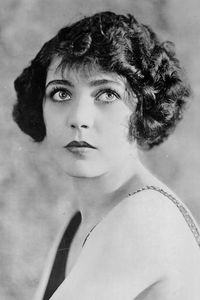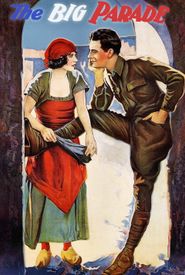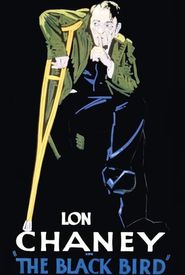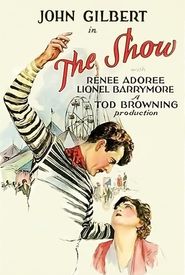Jeanne de la Fontein, later known as Renee Adoree, was born on September 30, 1898, in Lille, Nord-Pas-de-Calais, France. Despite having a seemingly normal childhood, her early life and background remain somewhat of a mystery.
Adoree's interest in acting emerged during her teenage years, and she began performing in minor stage productions in France. By 1920, she had caught the attention of American producers and made her way to New York. Her first film appearance in the United States was in The Strongest (1920),followed by a role in Made in Heaven (1921) the following year.
However, the lack of substantial roles led Adoree to question her decision to pursue a career in film. It wasn't until 1922, when MGM began to feature her in more prominent films, such as West of Chicago, Day Dreams, Mixed Faces, and Monte Cristo, that she started to gain momentum.
Adoree's breakthrough role came in 1925 when she starred alongside John Gilbert in The Big Parade, a film that catapulted her to stardom, along with her co-stars Gilbert and Karl Dane. This success led to her being cast in Excuse Me (1925) and Man and Maid (1925),written by Elinor Glyn, which showcased her provocative side.
In 1927, Adoree starred alongside her sister Mira Adoree in Mr. Wu, a film that received critical acclaim, with her character being the driving force behind the story. Although her career continued with a few more films, including Show People (1928) and His Glorious Night (1929),her roles gradually became smaller and less prominent.
After being released from her contract with MGM, Adoree was rediscovered by First National Pictures, where she appeared in The Spieler (1928). However, her health began to decline due to tuberculosis, and she retired from acting in 1930.
Sadly, Adoree's life was cut short when she passed away on October 5, 1933, just a week shy of her 35th birthday, in Tujunga, California.
























